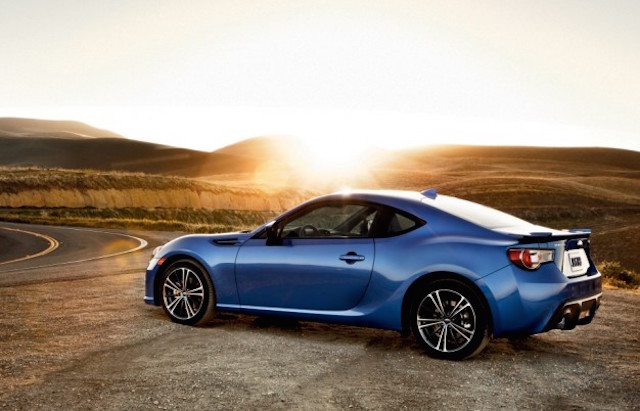
“Many companies try to be bigger or sell more vehicles. If Subaru does the same thing, we will lose our characteristics,” explained the executive in an interview with trade journal Automotive News.
That means Subaru won’t follow its rivals’ lead and build new assembly plants all around the globe. However, it will increase the size of its factory in Lafayette, Indiana, by the end of next year in order to accommodate production of the next-generation Impreza and of an all-new seven-seater crossover that’s being designed exclusively for the U.S.
Recent rumors claim the slow-selling BRZ coupe (pictured) will be axed at the end of its life cycle, but Yoshinaga confirmed that a second-generation model has already been approved for production. The model will again be co-developed with industrial partner Toyota, a statement that seemingly puts an end to the reports that find the next FR-S will borrow its platform from the Mazda Miata. The two companies still haven’t decided precisely when the rear-wheel drive twins will hit the market.
Finally, Yoshinaga confirmed that Subaru is busily developing its first production-bound plug-in hybrid model. Although the company is eager to build cleaner cars, it will only sell the still-nameless gas-electric model in countries where it needs to comply with zero-emissions regulations. In other words, the hybrid’s biggest market by a long shot will be the United States. We don’t know what model line it will be based on, and we’ll have to be patient as we seek to find out because it won’t go on sale until the 2018 model year.


